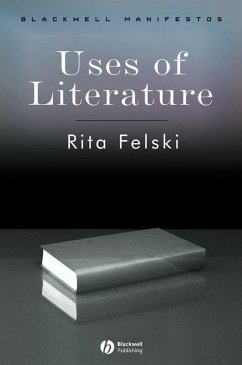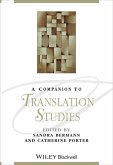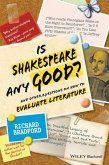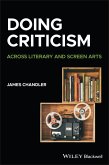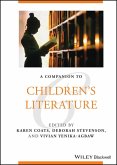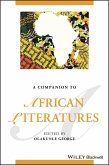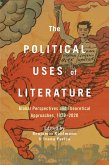Dieser Download kann aus rechtlichen Gründen nur mit Rechnungsadresse in A, B, BG, CY, CZ, D, DK, EW, E, FIN, F, GR, HR, H, IRL, I, LT, L, LR, M, NL, PL, P, R, S, SLO, SK ausgeliefert werden.
"Felski finds that it is the structural elitism of the literary critics that has given theory its bad name ... .Felski wants to find an ordinary theory of literature and culture that would replace these hermeneutics of suspicion. Her strategy is to outline a theory of literature based on four modes of human interaction-recognition, enchantment, knowledge and shock. She devotes a chapter to each, marshalling a wide range of texts to illustrate her approach ... .The one on recognition is convincing .. .Felski s manifesto is timely." ( Times Higher Education Supplement , August 2008)
"Felski proposes a pragmatic approach to reading literature. Opposing the exclusive focus on otherness in contemporary literary theory, she offers a correction by balancing otherness with the acknowledgment of the presence of the self in reading literature." ( Choice Reviews , December 2008)
"A spirited defense of literature, full of ideas which promise to prove invigorating for the future development of literary theory. ... An inspired discussion." ( Journal of Literary Theory , 2008)

